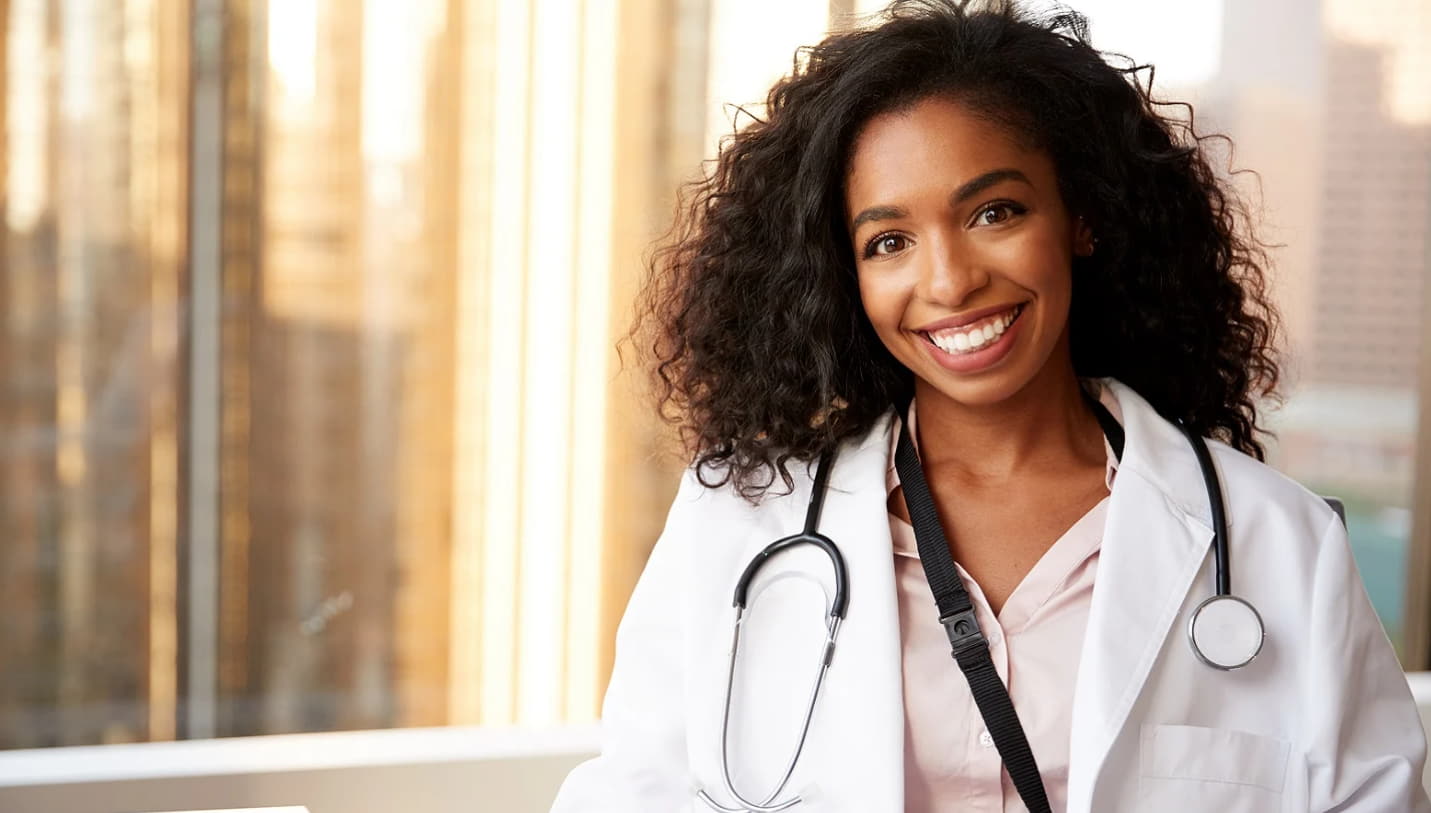15 May, 2023 | Stephen Andersen | No Comments
Primary Care Black Doctors in Metro Atlanta: Bridging the Healthcare Gap

The healthcare industry is constantly evolving, but one issue remains constant – the disparity in healthcare access and quality among different communities. The black community in Metro Atlanta is no exception, with limited access to quality healthcare services, a shortage of black doctors, and unequal treatment. Primary care is crucial in managing and preventing chronic illnesses and maintaining overall health. This article will explore the importance of having black primary care black doctors in Metro Atlanta and highlight some of the best practices for bridging the healthcare gap.
Understanding the Healthcare Disparities in Metro Atlanta
The Role of Primary Care
Primary care plays a crucial role in maintaining an individual’s health and preventing chronic illnesses. It involves the provision of comprehensive, coordinated, and continuous healthcare services. However, black individuals in Metro Atlanta often face difficulties in accessing quality primary care services due to various reasons such as financial constraints, lack of transportation, and language barriers.
The Shortage of Black Doctors
According to the Association of American Medical Colleges, black doctors make up only 5% of all doctors in the United States. This underrepresentation is even more significant in Metro Atlanta, where black doctors account for only 2.8% of all doctors. The lack of representation of black doctors can lead to unequal treatment, as black patients are more likely to report feeling more comfortable with a doctor of their own race.
The Consequences of Unequal Treatment
The unequal treatment of black patients can lead to severe consequences, such as higher rates of chronic illnesses, lower life expectancy, and higher mortality rates. Studies have shown that black patients are less likely to receive recommended treatments for various conditions such as hypertension, diabetes, and cancer.
Bridging the Healthcare Gap
Importance of Having Black Primary Care Doctors
Having black primary care doctors can lead to better healthcare outcomes for black patients. Patients are more likely to trust their doctor and follow their recommendations when they feel understood and heard. Black doctors can also provide culturally sensitive care, which takes into account the unique experiences and beliefs of the black community.
Best Practices for Recruiting Black Doctors
Recruiting black doctors to work in Metro Atlanta requires a concerted effort from healthcare organizations, medical schools, and community leaders. Some best practices for recruiting black doctors include providing financial incentives such as loan repayment programs and scholarships, creating mentorship programs for black medical students, and increasing diversity in medical school admissions.
Addressing Healthcare Barriers
In addition to recruiting black doctors, healthcare organizations can also address healthcare barriers that prevent black patients from accessing quality healthcare services. These barriers include improving transportation options, increasing language services, and providing financial assistance for low-income patients.
Conclusion
The healthcare disparities in Metro Atlanta are a pressing issue that requires immediate action. By increasing the number of black doctors in primary care, addressing healthcare barriers, and providing culturally sensitive care, we can bridge the healthcare gap and ensure that all individuals have access to quality healthcare services regardless of their race.
